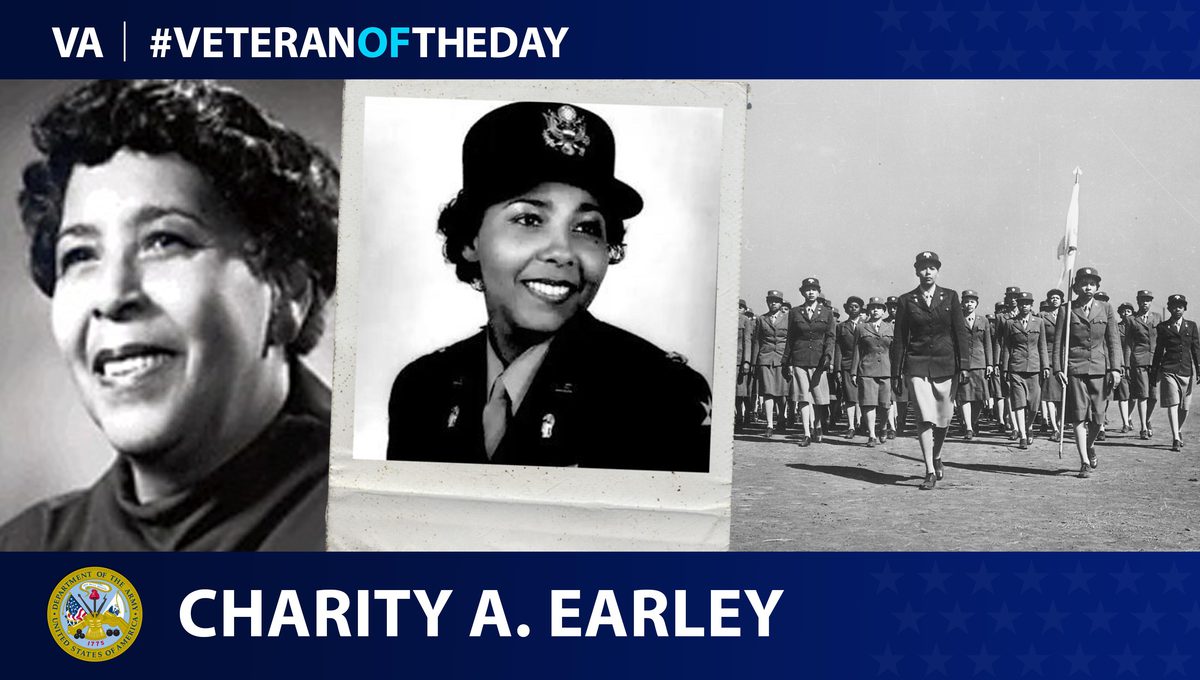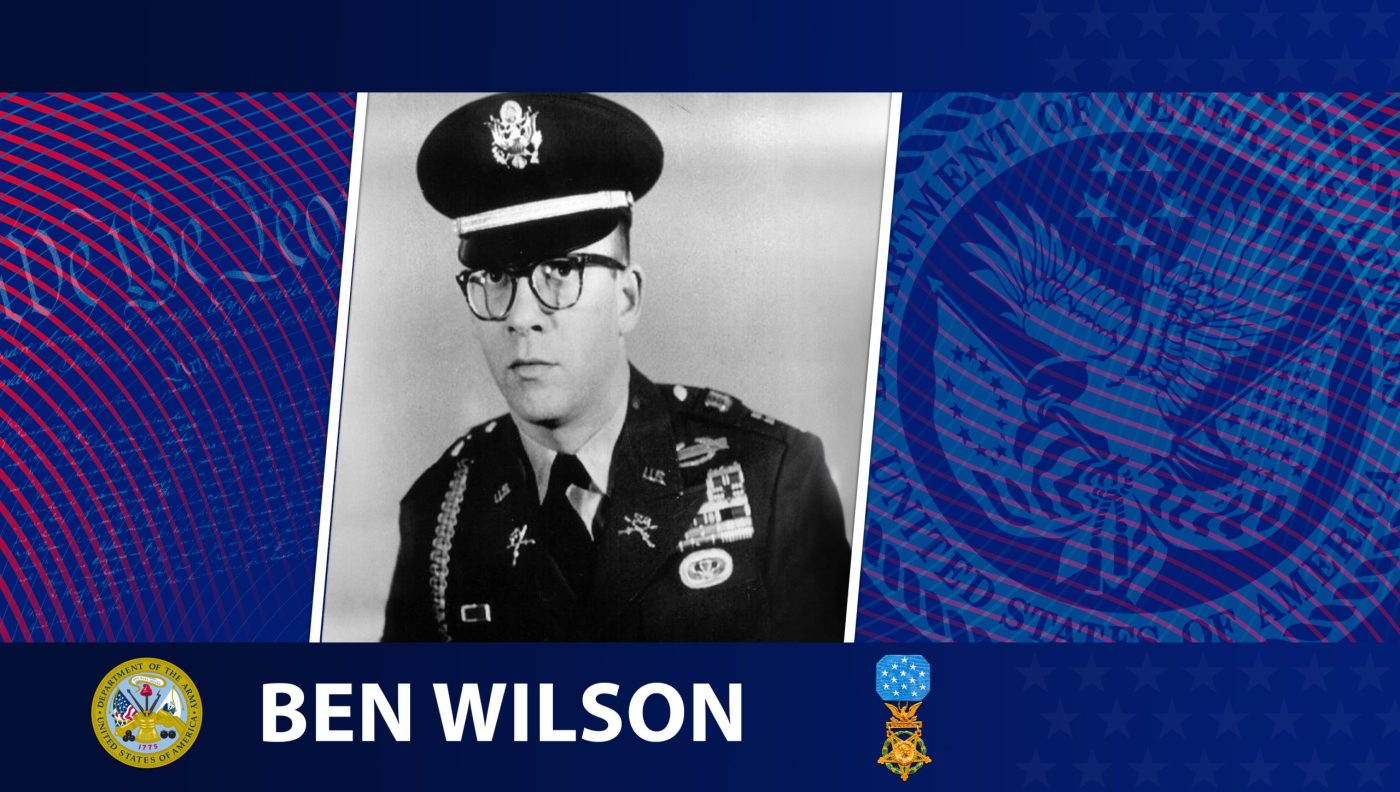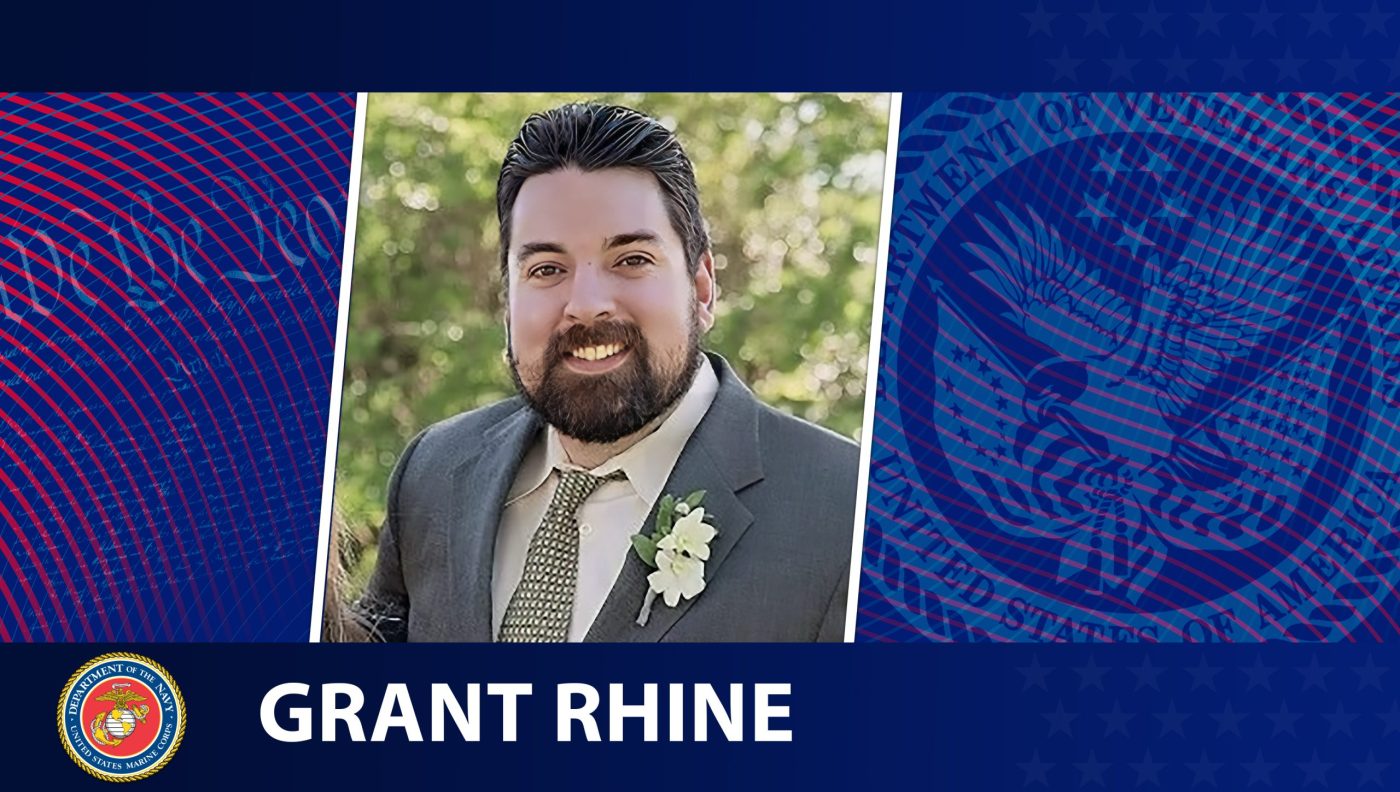Born in December 1918 in Kittrell, North Carolina, Charity A. Earley was the oldest of four children. Raised in Columbia, South Carolina, by her father who was a minister and her mother, a former teacher, she excelled in school and became valedictorian at Booker T. Washington High School. After completing high school, she attended Wilberforce University of Ohio, where she studied Latin, math and physics. Upon graduating, she taught math at a local high school while working on a master’s degree in psychology at Ohio State University.
In July 1942, Earley was accepted into the U.S. Army’s Women’s Army Auxiliary Corps (WAAC), where she became the first African American woman to be an officer in the WAAC. Attending the first African American Officer Candidate School at Fort Des Moines, Iowa, she graduated first in her class and commissioned as second lieutenant in August 1942. The Women’s Auxiliary Army Corps was renamed the Women’s Army Corps (WAC) in July 1943. In 1943, she was promoted to major, making her the highest-ranking female officer at the training center. During her service, Earley served as the training center control officer, a staff training officer and a company commander.
In 1944, Earley became the commanding officer of the 6888th Central Postal Directory Battalion, also known as the “Six Triple Eight.” The battalion was the only African American WAC unit to serve overseas during World War II. Stationed in Birmingham, England, the battalion organized and distributed undelivered mail to U.S. soldiers, working systematically in shifts to clear the backlog. In June 1945, the battalion was moved to the postal facilities in France, to work another backlog of undelivered mail. The battalion saw responsibility for distributing mail to millions of soldiers during World War II and, by the end of the war, they delivered over 17 million pieces of backlogged mail.
In December 1945, Earley was promoted to lieutenant colonel, which was the highest rank for a soldier in the WAC. Shortly after the war, she worked briefly at the Pentagon before requesting discharge in 1946.
Following her service, Earley went back to Ohio State University to complete her degree and worked at the then-named Veterans Administration in Ohio. After marrying and moving to Switzerland in 1949, she returned to the U.S. in 1952, dedicating her life to activism and education. She established the Black Leadership Development Program, which focuses on leadership training to African Americans in their communities. Earley died in 2002 in Dayton, Ohio, at the age of 83.
We honor her service.
Nominate a Veteran
Do you want to light up the face of a special Veteran? Have you been wondering how to tell your Veteran they are special to you? VA’s “Honoring Veterans” social media spotlight is an opportunity to highlight your Veteran and his/her service.
It’s easy to nominate a Veteran. Visit our blog post about nominating to learn how to create the best submission
Writer: Jessica Waldon
Editors: Mary Brennan, Ashley Shaut
Researcher: Christopher Rosenquist
Graphic Designer: Samantha Mejia
Topics in this story
Link Disclaimer
This page includes links to other websites outside our control and jurisdiction. VA is not responsible for the privacy practices or the content of non-VA Web sites. We encourage you to review the privacy policy or terms and conditions of those sites to fully understand what information is collected and how it is used.
Statement of Endorsement
Reference herein to any specific commercial products, process, or service by trade name, trademark, manufacturer, or otherwise, does not necessarily constitute or imply its endorsement, recommendation, or favoring by the United States Government, and shall not be used for advertising or product endorsement purposes.
More Stories
This week’s Honoring Veterans Spotlight honors the service of former MLB player and Army Veteran Richard “Dick” Groat, who served from 1953 to 1954 during the Korean War.
This week’s Honoring Veterans Spotlight honors the service of Army Veteran Benjamin F. Wilson, who served during World War II and the Korean War.
This week’s Honoring Veterans Spotlight honors the service of Marine Corps Veteran Grant Rhine, who is now active in the Veteran community Irreverent Warriors.






